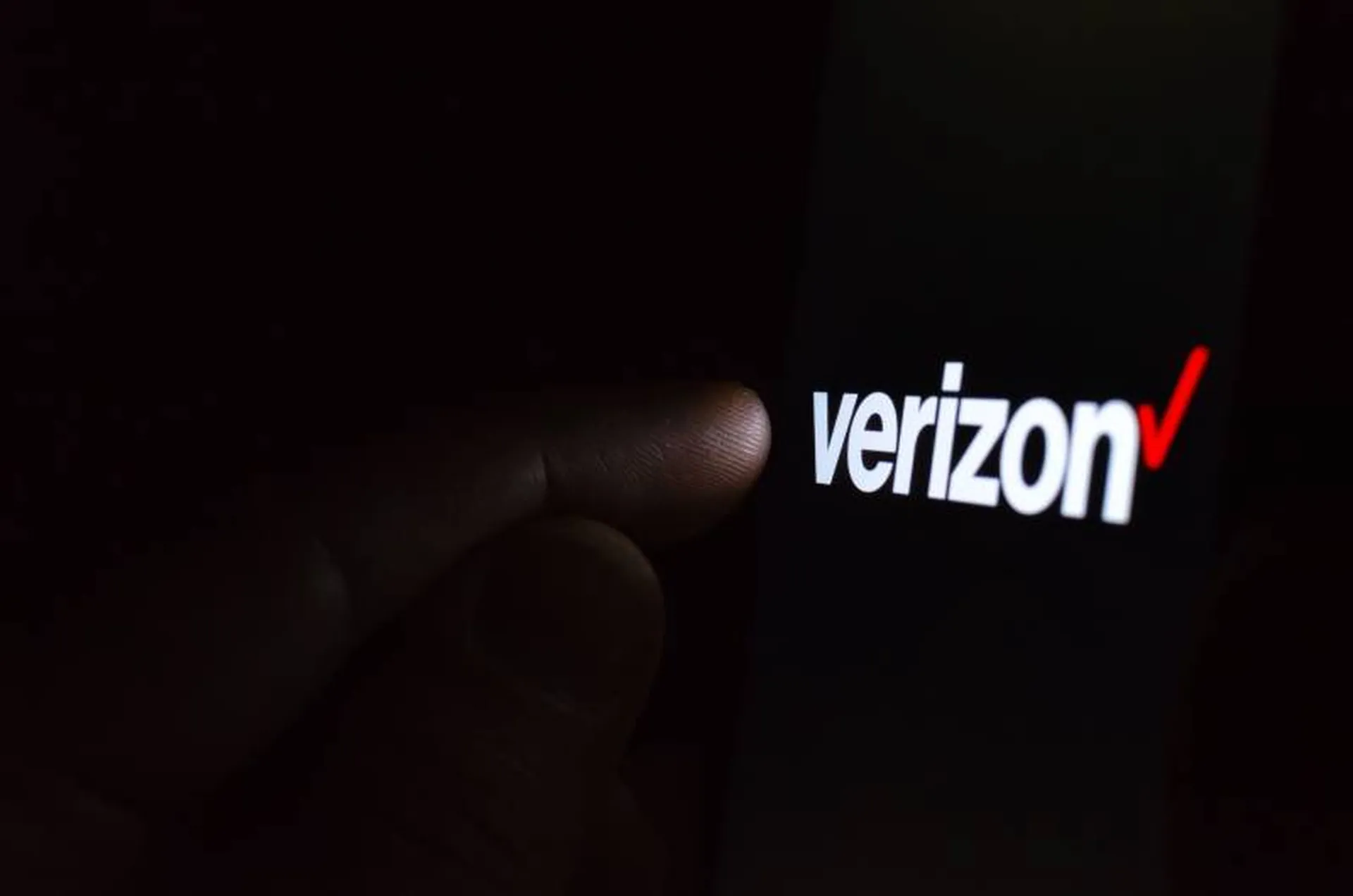Being nominated for a Grammy doesn’t not raise your Q-rating; it also, apparently, increases the likelihood that cybercriminals will appropriate your name or song tracks to trick targets into opening malicious files.
Researchers at Kaspersky looked at 14 musical artists who were nominated this year for a major Grammy award and determined that in 2019 there was a 39 percent year-over-year jump in attempts to download or execute malicious files disguised as content related to these 14 talented individuals.
In a press release today, Kaspersky said it uncovered 30,982 unique malicious files that invoked the following 14 artists’ names or song titles: Ariana Grande, “7 Rings”; Billie Eilish, “Bad Guy”; Bon Iver, “Hey ma”; H.E.R., “Hard Place”; KHALID, “Talk”; Lady Gaga, “Always Remember Us This Way”; Lana Del Rey, “Norman F*cking Rockwell”; Lewis Capaldi, “Someone You Loved”; LIL NAS X, “Old Town Road”; Lizzo, “Truth Hurts”; and Post Malone and SwaeLee, “Sunflower”.
Taylor Swift, Ariana Grande and Post Malone – in that order – were the three artists whose names were most commonly used by malicious files in 2019. Collectively, the three performers claimed roughly 55 percent of the detected files. However, for Swift and Grande this still represented a decrease in malware borrowing their names, when compared to 2018.
The artist that saw the biggest increase in year-over-year malware activity was actually Billie Eilish, who last Sunday swept the four major Grammy categories – Best New Artist, Best Song, Best Record and Best Album. The number of unique, malicious files that Kaspersky observed with the teenage sensation’s name jumped from 221 in 2018 to 1,556. And the number of users monitored by Kaspersky who downloaded such malicious file climbed from 254 to 2,171.
Kaspersky also found that “Sunflower,” “Talk” and “Old Town Road” were the song titles that were most often leveraged in malware attacks in 2019.
“Cybercriminals understand what is popular and always strive to capitalize on that,” said Anton Ivanov, Kaspersky security analyst, in the release. “Music, alongside TV shows, is one of the most popular types of entertainment and, as a result, an attractive means to spread malware, which criminals readily use. However, as we see more and more users subscribe to streaming platforms, which do not require file download in order to listen to music, we expect that malicious activity related to this type of content will decrease.”



